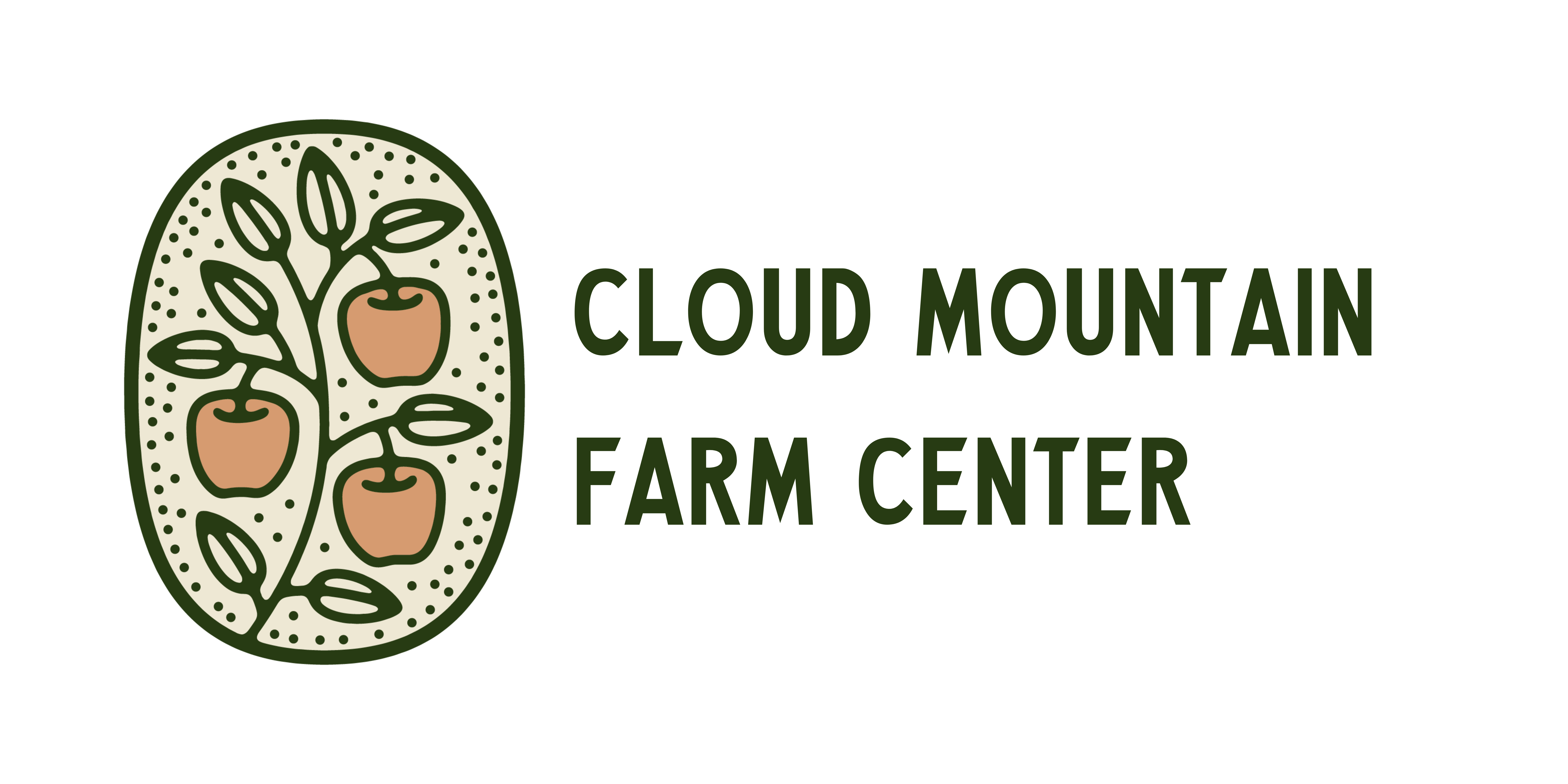This blog was first published by Alluvial Farms on April 24 2024 and is republished here with permission.
Spring is a time of transformation, where nature awakens from its winter slumber, and life bursts forth in vibrant hues. It’s a season of renewal, and what better way to celebrate than by embarking on a journey that connects us with the very essence of life itself?

This April, we are thrilled to announce our participation in the Snow to Sea field trip program, in collaboration with an amazing array of partners: the Nooksack Valley Middle School, Whatcom Conservation District, Whatcom Family Farmers, Cloud Mountain Farm Center, Vamos Outdoors Project, and Nooksack Salmon Enhancement Association.

Through this program, all the 7th graders from Nooksack Valley Middle School spent three hours at Alluvial Farms in April on an immersive exploration of agricultural science and environmental stewardship. This is the second year of the Snow to Sea program which provides two field trips per year for each year of middle school to Nooksack Valley students tracing the Whatcom water cycle from the snow-capped mountains to the vast expanse of the sea.
Farmers as Scientists
Farmers are often portrayed as stewards of the land, but we are also scientists in their own right. The 7th grade Snow to Sea farm tour at Alluvial Farms aims to highlight the intricate relationship between agriculture and science, showcasing how farmers utilize technology and scientific principles to nurture the land and produce our food.

As students ventured through the entire 45 acre farm, they had the unique opportunity to meet farmers and other natural resource experts who illuminated the scientific processes behind livestock feeding and care. From agronomy to veterinary science, students delved into the complexities of animal husbandry, gaining a deeper understanding of the symbiotic relationship between humans and animals in agricultural ecosystems.

At the well station students learned about the different between groundwater and surface water, and the definition of a watershed and how those terms are used by farmers and resource management professionals to quantify resources available for rural living, agriculture, and wildlife.
Sustainable Practices
But our exploration didn’t stop there. We delved into the importance of sustainable practices in agriculture, with a focus on manure management. Students learned how responsible nutrient management can mitigate environmental pollution and enhance soil fertility, transforming manure from a mere waste product into a valuable resource for soil health and crop productivity.

Moreover, our tour shed light on the crucial role of agriculture in preserving salmon habitat. By observing and evaluating the creek on the farm, students grasped the interconnectedness between land use practices and aquatic ecosystems, recognizing the potential for agricultural landscapes to serve as sanctuaries for biodiversity.

Hands-On Learning
Central to our field trip experience is hands-on learning. Students actively participated in macro invertebrate identification as a tool for water quality sampling, and gained practical insights into the importance of monitoring and preserving water resources. Through this interactive exercise, students grasped the significance of data collection in informing agricultural practices and safeguarding environmental integrity.

Students also participated in a hands on stream side restoration service project. This turned out to be one of the most popular of the four stations and students had a competition to see who could dig out the most blackberry hearts.

As we embark on this journey from snow to sea, we invite you, our community members to join us through these pictures and this blog post in exploring the fascinating intersection of agriculture and environmental science. It’s easy for many of us in our bustling community to miss out on the incredible events happening around us, including programs like this one.

This immersive experience, where students embark on two field trips each year for three years to trace the water cycle in our county, is a testament to the collaborative efforts of numerous partner agencies and dedicated educators. We extend our heartfelt thanks to everyone involved and eagerly anticipate finding ways to sustain and enhance all of our field trips in the future.

The pile of thank you notes the teachers sent home with our 8th grader after some of the first field trips also showed student’s engagement and participation. It was also interesting that our two barn cats and Mr. Trout the dog were some of the biggest field trip highlights…
Agriculture Career Exploration (ACE) is partially funded by the U.S. Department of Labor WIOA Title IB Total Allocation via a PY23 Career Connect Washington Program Builder grant ($199,448). Additional non-governmental funding ($250) is provided by private, regional, foundation, corporate, and individual donors.


